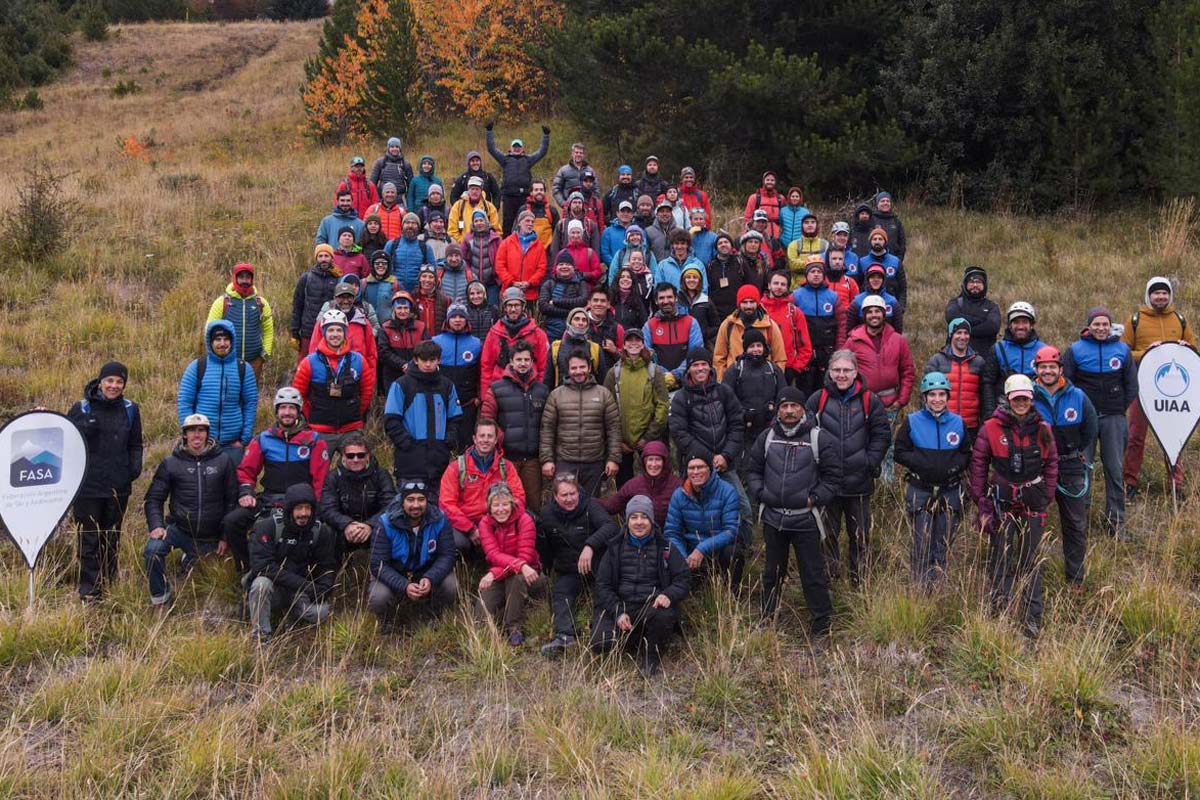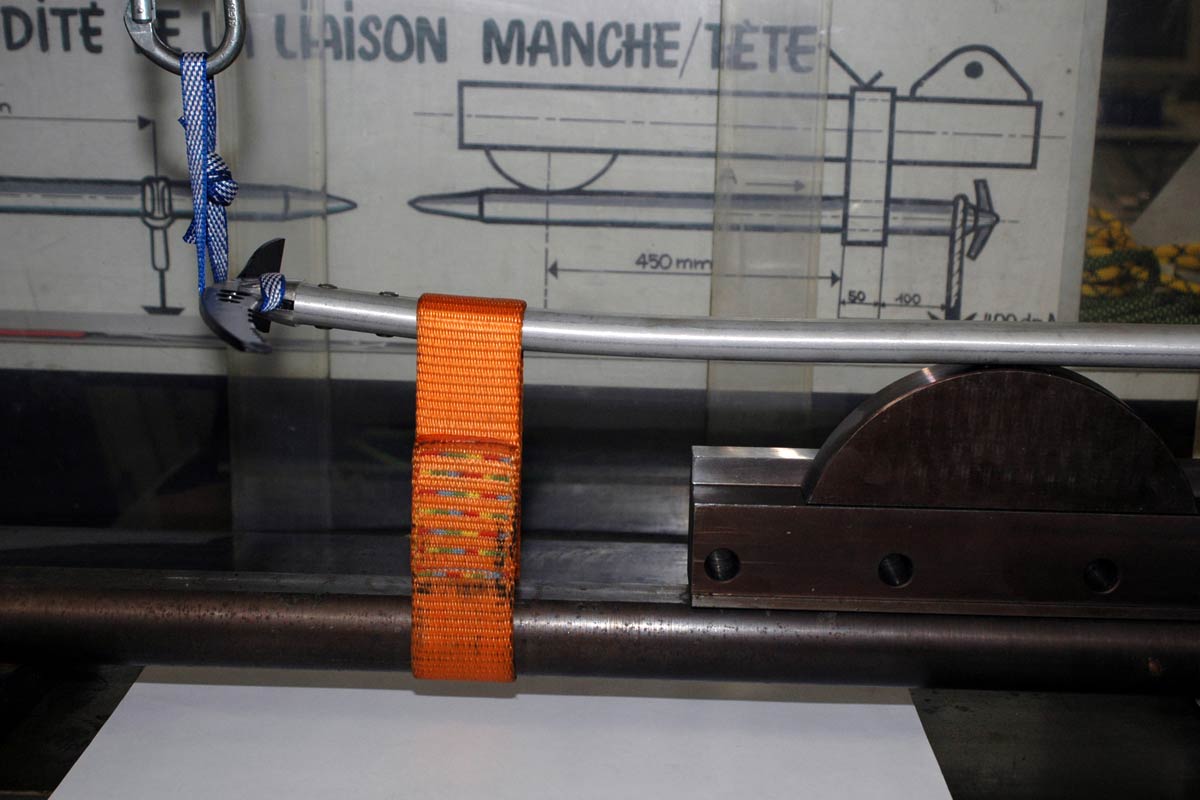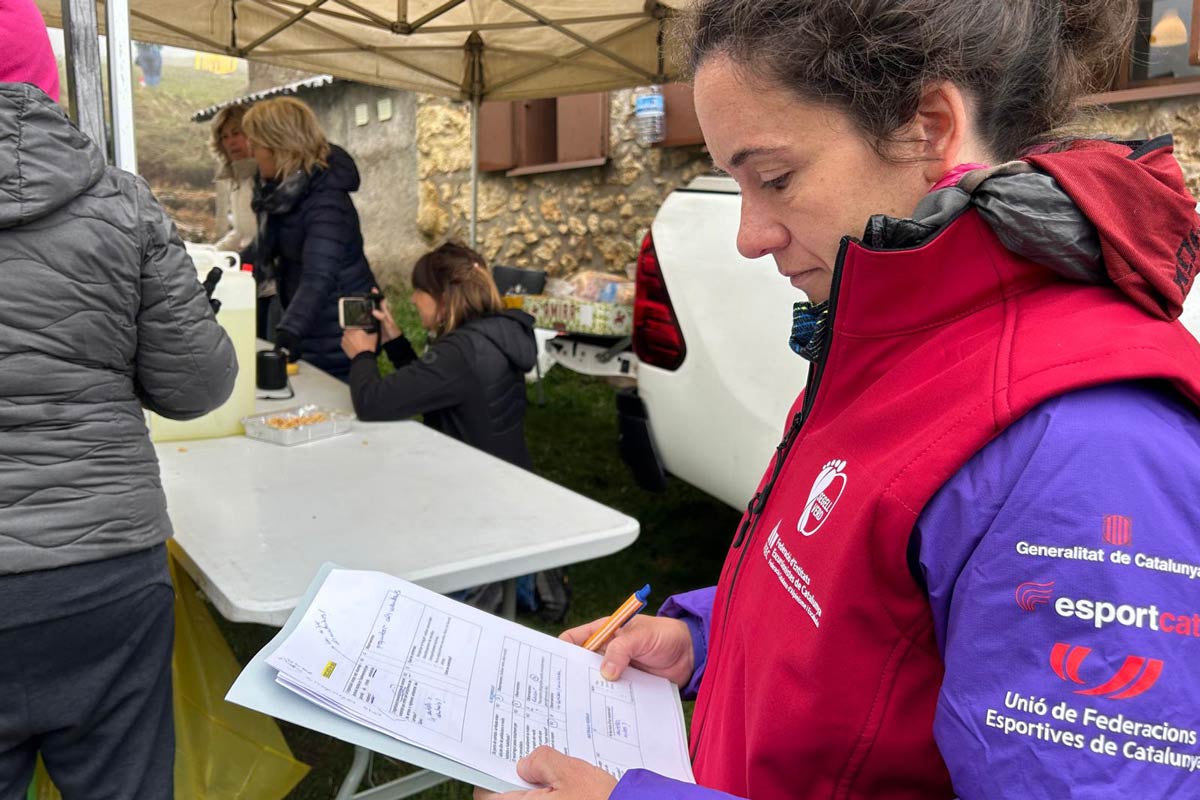The inaugural International Mountain Sports Training Course was held in Bariloche, Argentina in April and comprised an intensive three-day programme designed to advance the skills and knowledge of mountain sport enthusiasts in various critical areas. The course was organised by the UIAA in close collaboration with host federation FASA (Federación Argentina de Ski Snowboard y Andinismo) and the ISMM (International Society for Mountain Medicine).
The event proved to be a massive success uniting over 100 participants from all over the world. International and local speakers and experts came from a number of fields in mountain rescue and mountain and high-altitude medicine. Course participants included a number of instructors, trainers and young medical personnel from all over Argentina as well as neighbouring South American countries.
“We had an idea of running a course in South America because it hasn’t been done before and it is an opportunity to bring together lots of interesting people with different backgrounds and for the UIAA to share its experience in teaching. It was also important for the UIAA to learn about techniques and methods local to Argentina and South America.”
Urs Hefti, UIAA Medical Commission President, and course leader
“The course was a significant success and it was great to see the engagement of those involved. The theory sessions created a number of interesting debates and allowed participants to learn not only about the latest in international mountain medicine research and thinking but the challenges facing those working in the unique context of Argentina and South America. The UIAA is keen on taking this course model to other countries and parts of the world over the coming years.”
Peter Muir, UIAA President
“I believe that after finishing this training course there are two main objectives: one is the importance of sharing knowledge and experiences and the second is the responsibility that we have to keep on going and to bring people together who can share the passion and conviction of teaching. Especially as most of the people who are involved are volunteers.”
Magdalena Kast, FASA President
The Theory Sessions
On the opening day, sessions focused on risk management, anchor safety evolution and responsible climbing, highlighting the importance of adapting training curricula to specific regional needs and promoting sustainable practices.
Health topics such as water safety and waste management were covered by experts from the UIAA Medical Commission. The risks associated with cold environments were thoroughly addressed, including hypothermia and frostbite, with a focussed stressed on the importance of proper preparation and emergency response.
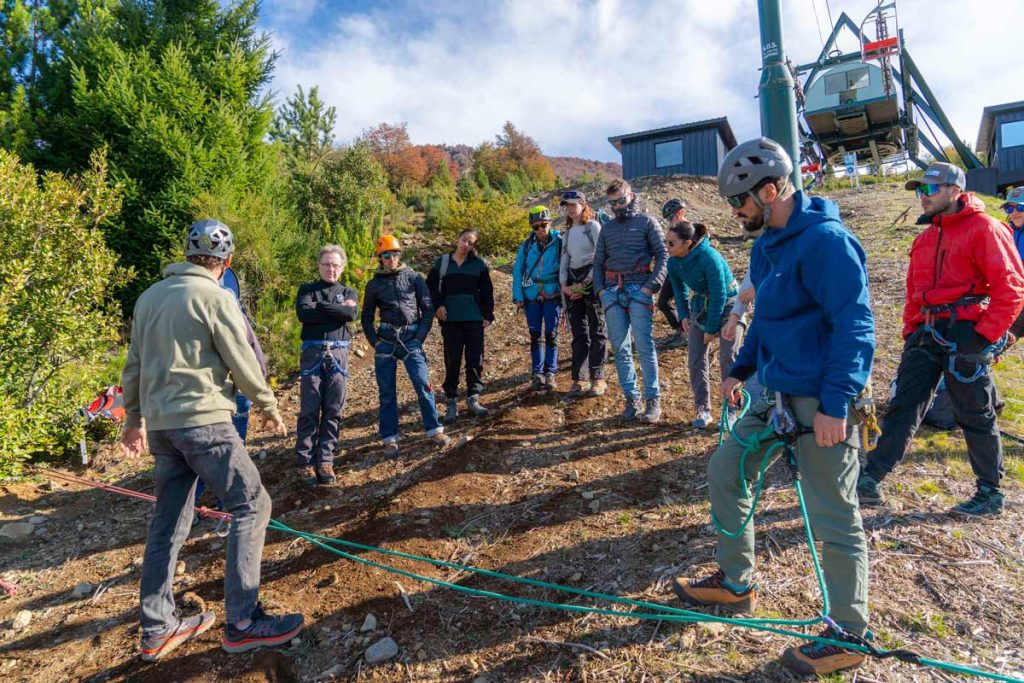
Other sessions delved into the topics of altitude sickness, acclimatisation processes, and the physical effects of high-altitude climbing. These discussions were crucial for understanding how to manage the common ailments climbers face, such as AMS, HACE, and HAPE, and emphasised the necessity of gradual acclimatisation.
The UIAA Medical Commission was represented by the following contributors to the course: Urs Hefti (Switzerland), Mijel Lotfi (Argentina), Benoit Champigneulle (France), Kaste Mateikaité-Pipiriené (Lithuania), Eduardo Vinhaes (Brazil), Antonio Nicolau (Mexico), Luigi Festi (Italy), Matthias Hilty (Switzerland) and Juan Manuel Funk (Argentina).
The UIAA Safety Commission was represented by Fred Campos (Brazil), the UIAA Mountain Protection Commission by Juan Ignacio Inza (Argentina), and the UIAA Training Commission by Steve Long (Great Britain).
A big thank you also goes to all other presenters: Marcelo Parada (Argentina), Fran Velazquez (Argentina), Carolina Codo (Argentina), Alberto Ayora (Spain), Esteban Dregerori (Argentina), Marcos Couch (Argentina), Volker Schöffl (Germany), Andrea Castillo (Ecuador), Bruno Negreiros and Maria Fernanda May representing the 2023 UIAA Mountain Protection Award winner Gear Tips (Brazil).
Workshops and Practical Advice
The second day kicked off with specific advice for tackling Aconcagua, including pre-acclimatisation strategies and a comprehensive overview of rescue operations in Argentina. This was particularly valuable for participants aiming to climb in the Argentinian Andes. The UIAA recently published its new recommendation on how to climb Aconcagua, supported by members of its Medical Commission from FASA.
Workshops led by experts provided insights into the various models of mountain rescue in Argentina, including different regional approaches and the integration of modern technology. These sessions were crucial for understanding the complexities and logistical demands of mountain rescue.
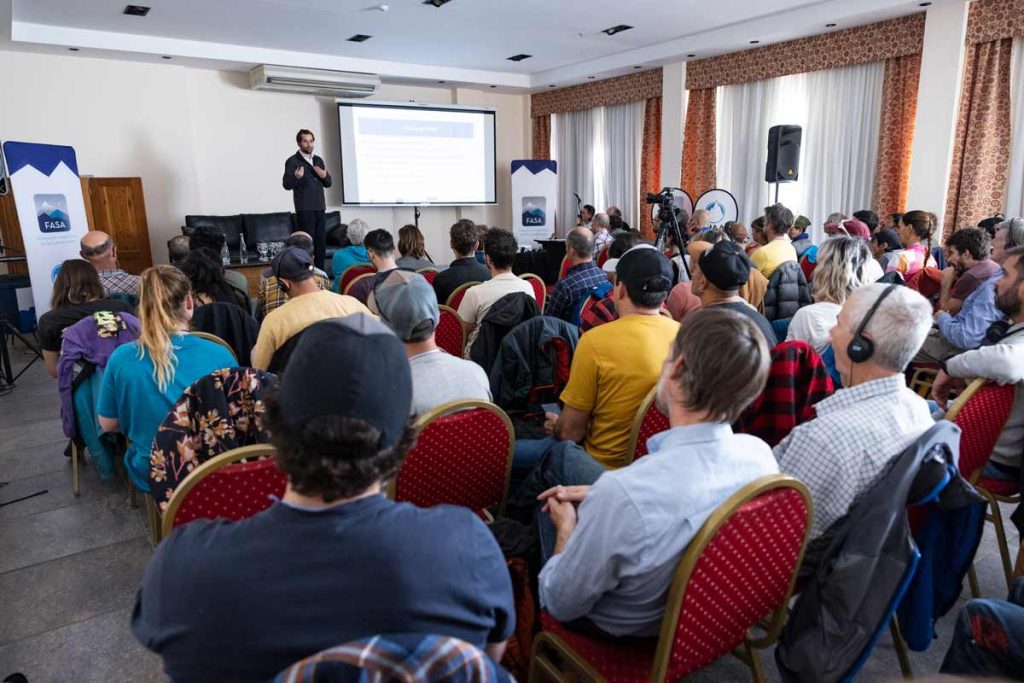
Practical Workshops
Participants engaged in hands-on workshops covering essential skills such as water treatment, use of portable altitude chambers, anchor safety and corrosion, and emergency stretcher rescue. These practical exercises were designed to enhance on-field capabilities in real mountain environments. These took place in the mountains overlooking Bariloche and specifically in the ski resort of Cerro Catedral.
Participants applied their learned skills in realistic scenarios. This included stretcher transportation, rope work and crevasse rescue, the deployment of rescue dogs, applying basic medical care and evacuation techniques and providing a full cycle of training from theory to practical application.
All participants received a course certificate at the closing ceremony.
Those who participated in the 2024 International Mountain Sports Training Course, whether seasoned medical experts or novice trainers and instructors, were all able to draw a wealth of experience on the course. One of the central themes was the importance of safety, of being prepared, of environmental responsibility and then how to react in the field when things do not go to plan. These learnings are all central to the services provided by the UIAA as the Global Mountain Network.
Further Information
A significant number of the individual presentations given in the theory sessions are available to view on the UIAA YouTube channel (see example below). Please refer to the final event programme to see the full list of presentations.
Photos from the event can be found here.
The course was held shortly after the UIAA Management Board and Commission Presidents’ spring meetings. A report can be found here.
Shortly after the course, two UIAA members; FEDME (Spain) and FEACH (Chile) hosted a collaborative course on mountain rescue and training. A report will follow shortly.

